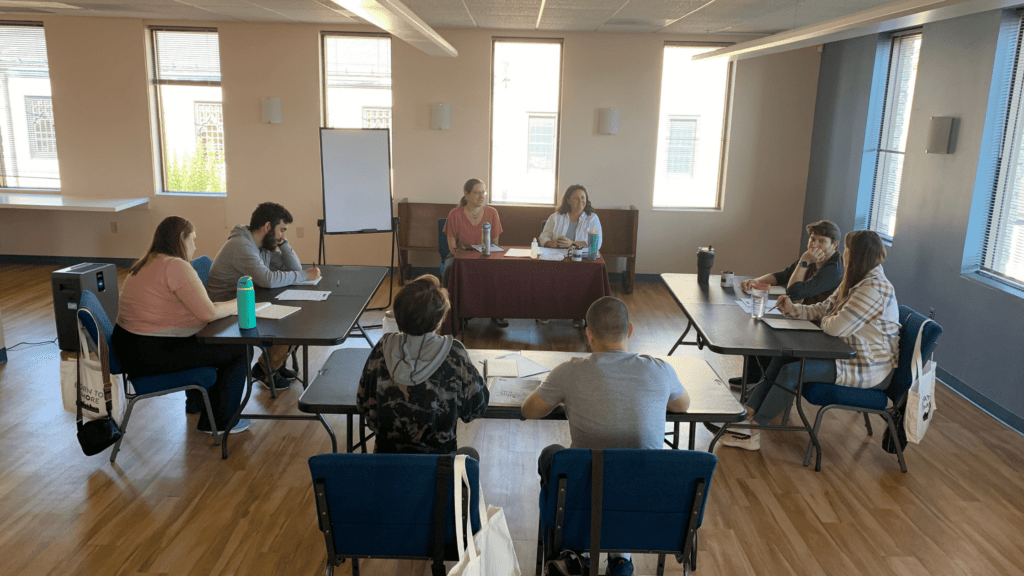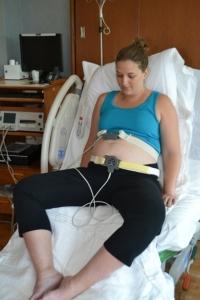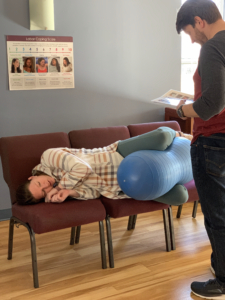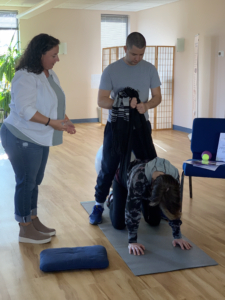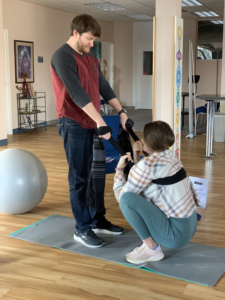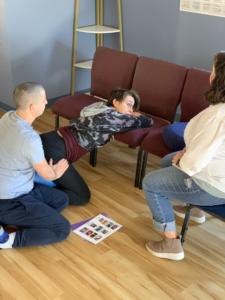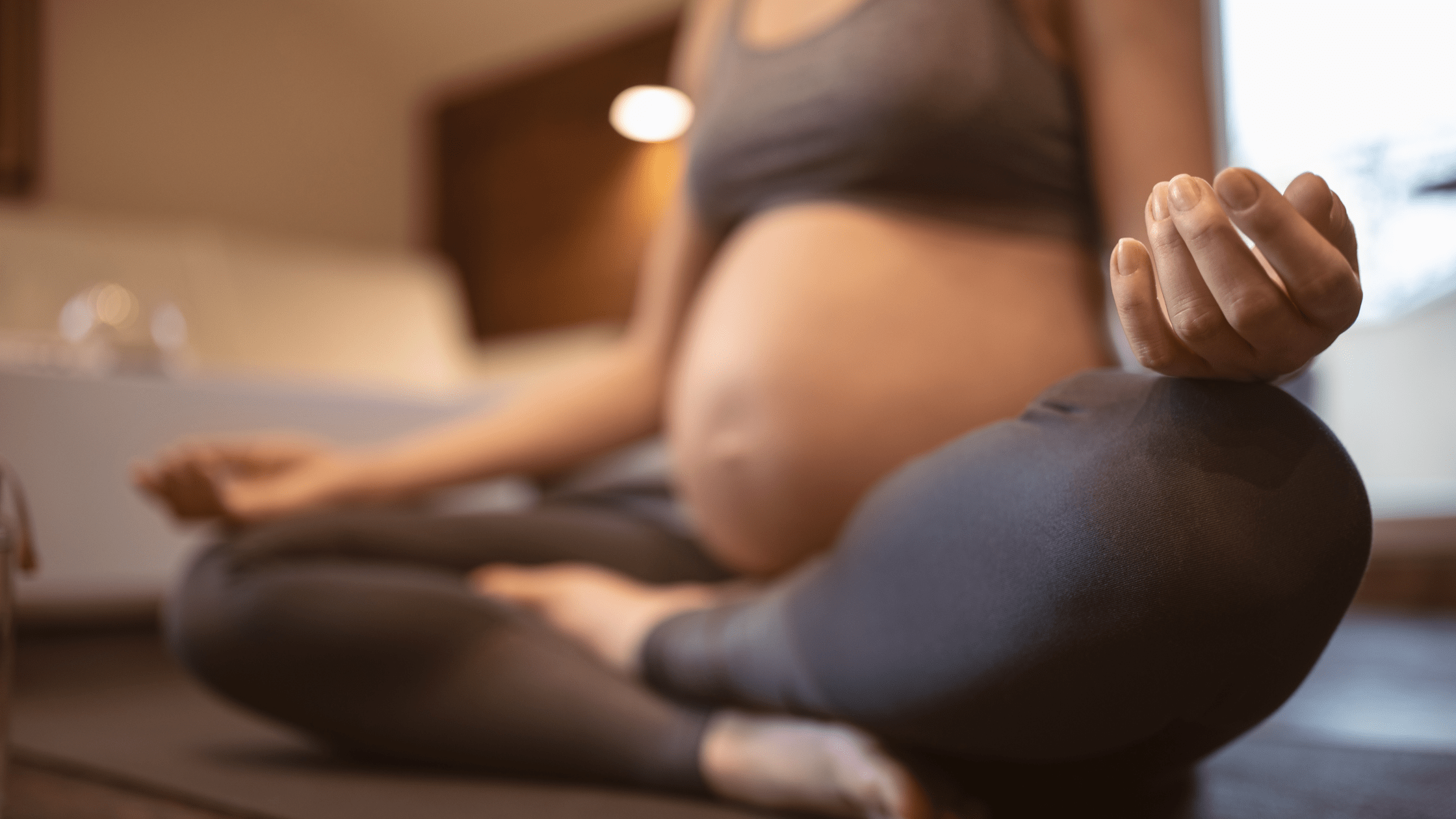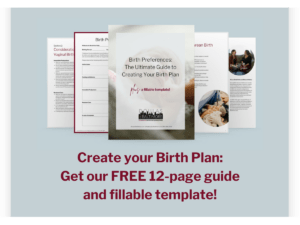As birth professionals, birthing parental health is paramount to our roles in the birth and parenting space. We know that our advocacy is vital to improving outcomes. Around 3.7 million babies are born each year in the US, but we are the only developed country with a rising mortality rate for birthing individuals. Not to mention that rate is worse for marginalized groups.
Black women are three to four times as likely to die of pregnancy and birthing complications as white women. Disabled people have a significantly higher risk of dying from pregnancy and childbirth than their able-bodied counterparts.
Here is the important statistic, though: 60% of birthing parent deaths are preventable. Understanding the disparities and providing equity in healthcare access can decrease maternal mortality. To help increase awareness for maternal health, the American College of Obstetricians and Gynecologists (ACOG) recognizes Maternal Health Awareness Day every January 23.
We’ve gathered some of our favorite resources for expectant parents to improve maternal health outcomes. Let’s walk through them!
Routine Prenatal Visits are Vital for Your Birthing Parental Health and Baby’s Health
ACOG recommends that you schedule a visit with a care provider as soon as you know you are pregnant. Then, go to all of your visits, even if you feel fine. A prenatal care provider can include an OB/GYN, a family care doctor, a nurse practitioner, or a midwife.
The March of Dimes has an extensive guide to prenatal care visits and what to expect.
Understanding Pregnancy Helps Support a Healthy Pregnancy
Our belief is that education, collaborative provider partnership, and unwavering nonjudgmental support can make pregnancy and childbirth one of the most fulfilling and transformative experiences of your life. Understanding pregnancy can help people know what to expect, what to look out for, and how to stay as healthy as possible. For example, preeclampsia is a leading cause of birthing parental mortality, but many people may not know their risk factors.
The American College of Obstetrics and Gynecology (ACOG) has an infographic with preeclampsia basics and an FAQ about staying healthy before and during pregnancy. At Doulas of Baltimore, our Childbirth Education Classes help you feel informed and make confident decisions.
Postpartum Care Should Be an Ongoing Process to Support Birthing Parental Health
While a lot of focus is placed on the time leading up to childbirth, ACOG has recognized that the postpartum period is important. For parents, this should mean planning and thinking about healthcare, feeding, care, and important decisions (link to last blog) before baby arrives. ACOG believes that postpartum care should be an ongoing process that is individualized for each birthing person. This is especially true for people who have other health conditions that may impact their postpartum health. March of Dimes has an overview of what to expect during postpartum healthcare visits.
Each pregnancy and birth is unique. By helping parents understand childbirth and the postpartum period, we can create change for healthier families and babies.




